No place in a home — other than the drain — do we discard waste and never think about it again. It might seem like a 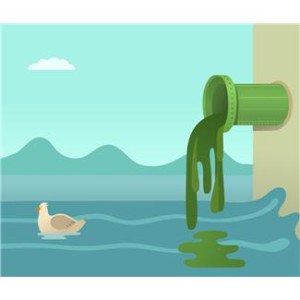 convenient way to get rid of unwanted liquid waste and be done with it, but truth is that whatever goes down the drain will eventually end up in waterways and, sometimes, even back in our home.
convenient way to get rid of unwanted liquid waste and be done with it, but truth is that whatever goes down the drain will eventually end up in waterways and, sometimes, even back in our home.
I have to admit that a couple of years ago I never ever thought about what went down the drain in my home: toothpaste, oil, shampoo, soaps, creams and — worse — medications and toxic cleaning products. It is true that waste water facilities do remove lots of contaminants; however, lots of bad chemicals, microbeads and other substances still end up in our rivers, lakes and oceans.
Microbeads recently have come to light as a big issue for our environment. Tiny beads made from toxic plastic and used as exfoliants, microbeads are not only in our soaps but also in other beauty care products such as body wash, masks and even toothpaste. A recent study indicated that, once they are rinsed down the drain, the tiny beads then transport the chemicals to the lakes, streams and oceans where they are mistaken for fish food. Once eaten, these small pieces of plastic transfer toxins and pesticides into the bodies of the sea life that eat them. They also linger in our ecosystems, spreading to us or other animals. Scientists and environmentalists are not sure how to remove these microbeads from the water because of their size, so these plastics accumulate in the water.
For healthy plumbing and healthier water habitats, here are a few other things to keep out of the drain:
- Coffee grounds — Nothing will clog up your drain as much as coffee grounds. They should be placed in the compost instead.
- Cooking oil — Also plumbing’s worst nightmare. Any oils should be collected in a container and taken to a municipality that offers free cooking oil recycling programs.
- Cat litter, even the flushable cat litter — First of all, cat poop may contain the parasite Toxoplasma gondii that will not be cleaned in a waste water facility; second, cat litter can clog up drains. And cat litter can contain chemicals.
- Band aids — Are not biodegradable, and contain plastic and chemicals.

- Dental floss — Same as above, and it may wrap around other things and cause a clog.
- Old medications — Every time I hear someone recommending that I flush medications, it scares me because it’s very dangerous. Prescription medications contain lots of chemicals that destroy bacteria, contaminate our ground water, soil and wildlife, and cause huge damage to our ecosystem. Imagine what harm hormones and antibiotics will do to wildlife. Many studies have been done on this subject, and it’s clearly a problem. Unused and old medications should instead be dropped off wherever there is a medication take-back program or taken to a recycling center.
- Conventional cleaning products — Imagine how harmful these toxic products are for our bodies. Then understand that, when we flush them down the drain or pour them into it, they make their way into our waters and wildlife.
- Condoms — These are, in general, made of plastic or latex that will not break down right away, so they can cause clogs in pipes or escape to the sea, where marine life may choke on them. Put them into the trash instead.
- Paper towels, cotton balls, pre-moistened wipes, scrub pads — all may contain chemicals that will leak into the waters or cause a clog. So, compost them instead or, better yet, switch to ones made from reusable cloth and eliminate the problem altogether. ☺
- Anything toxic like paint or solvents — I don’t think I have to say more about this, that chemicals do not belong in our waterways and need to be taken to a city waste center that has drop-off areas for toxic chemicals.
- For more items that should not be poured down the drain, go here:
http://info.wesslerengineering.com/blog/49-things-you-shouldnt-flush-or-pour-down-the-drain
Learn more about how to dispose harmful household waste:
http://www.wm.com/enterprise/municipalities/residential-solutions/household-hazardous-waste.jsp


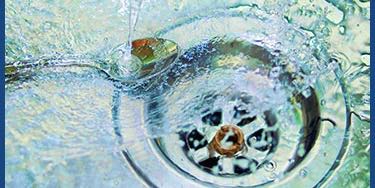

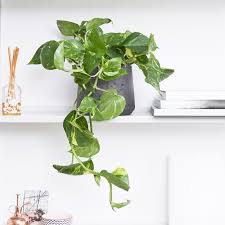

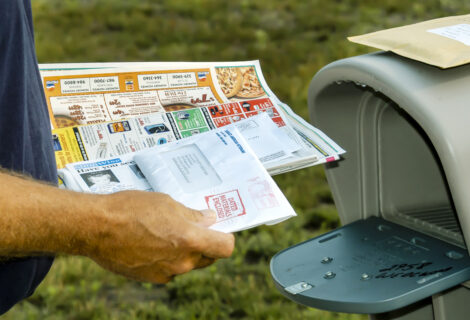

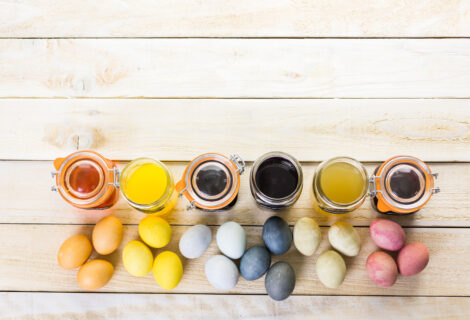

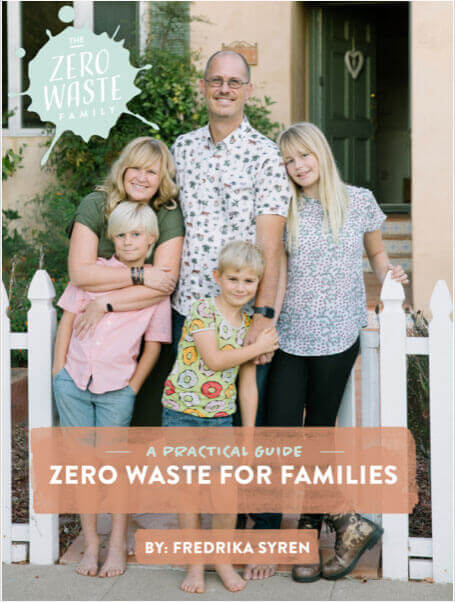

Faylinn
I think that it makes sense that you shouldn’t put most of these items from your list down the drain, such as cat litter and dental floss. Some other things that you shouldn’t put down the drain are potato skins and fruit rinds. However, I had no idea that you shouldn’t put coffee grounds down the drain until yesterday when I did that and it clogged my drain. I had to get a plumber to come out and fix the drain and he informed me that I shouldn’t.